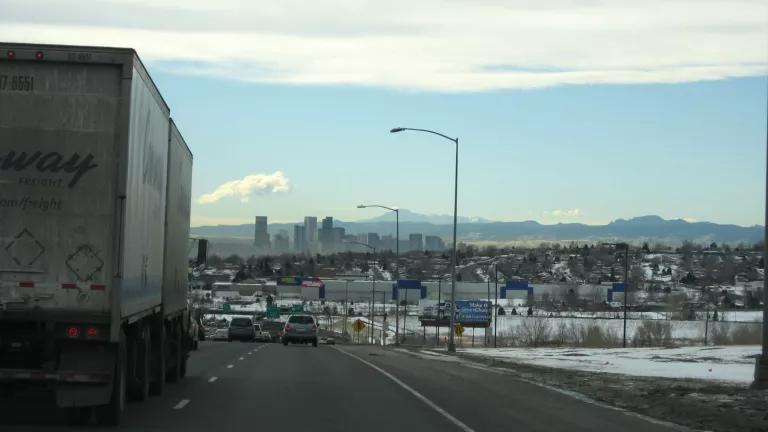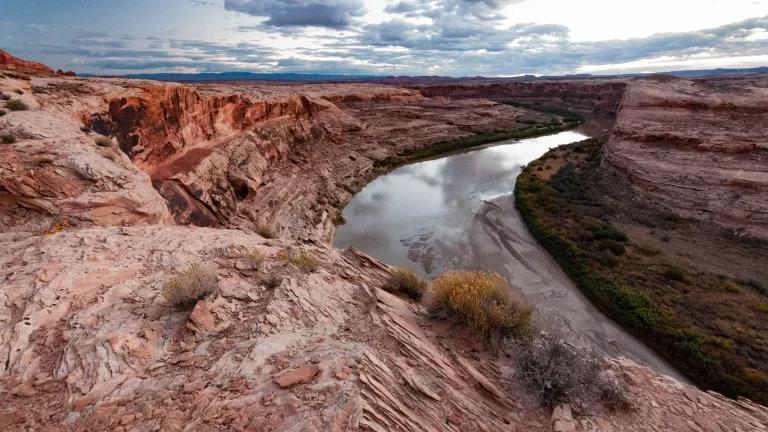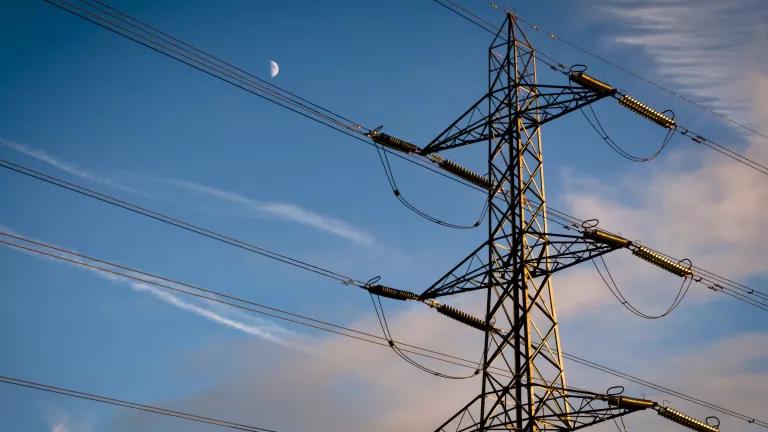Since early March, citizens across Colorado have been hearing about groundwater contamination near the town of Parachute in western Colorado. High levels of benzene--a known carcinogen--have been found in groundwater about 1,400 feet downstream of the presumed source of a leak. A monitoring well about 10 feet from Parachute Creek found benzene at 340 parts per billion, and the drinking water standard for benzene is a maximum 5 ppb. After a month, there are reports of a faulty pressure gauge causing the leak, but there are also reports of pumper trucks using contaminated hoses to fill up with water from Parachute Creek.
Either way, it's been more than a month and there is still no resolution of this case, which has Coloradans worried about whether their drinking and irrigation water is being properly protected from the risks of fracking and oil and gas development.
They have good reason to worry. A recent analysis by the Coloradoan newspaper found that of 3,852 violation notices issued to oil and gas companies since in Colorado since 1996, only 267—less than seven percent—have resulted in fines. How can we get companies to change their practices and comply with the law if there are no real incentives to do so?
Fortunately, the Colorado House of Representatives just passed a bill that sets a minimum daily fine of $5,000 for violations that have a significant adverse impact on public health, safety or welfare. The bill also raises fines. It's about time! The Colorado Senate should pass the bill.
Inadequate regulatory enforcement is an issue in Wyoming, also. Last year there was a blowout during drilling of a gas well in Wyoming. It took three days to stop the well from spewing pollutants into the air and it was estimated that 31,500 gallons of drilling fluid blew out of the well into the air, in addition to two million cubic feet of natural gas. Fifty people were evacuated. Although the Wyoming Oil and Gas Commission found that the cause was an "improperly installed lockdown pin on the wellhead" -- which sounds like human error to me--the Commission did not fine the company that owns the well. Not one dime.
One rancher said, "I can't put chemicals on my neighbor's property. If I went and put chemicals on my neighbor's property, he'd been calling the sheriff, and I'd be in trouble."
This is just another example of how the oil and gas industry gets special treatment by regulators and is not held to the same standards as other industries.
It's time to close these gaps in Colorado, Wyoming, and other states. Communities across the country want their regulators to strictly enforce the laws with meaningful penalties that encourage compliance.




